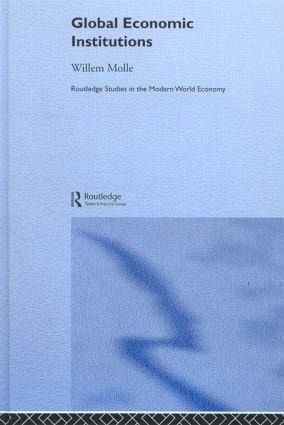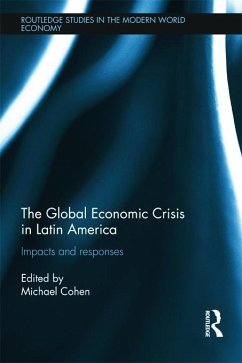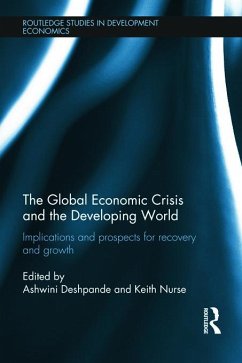
Global Economic Institutions
Versandkostenfrei!
Versandfertig in 1-2 Wochen
213,99 €
inkl. MwSt.
Weitere Ausgaben:

PAYBACK Punkte
107 °P sammeln!
Globalization can have positive effects in many areas. This statement should not be as controversial as it often seems. In order for it to realize its potential however, there must be competent global institutions to deal with the problems caused by globalization. This book critically examines global economic institutions. It presents an accessible fluid history of globalization and explains how global public goods should be defined and how global economic institutions work. It also looks at the effect that major organizations - including the WTO, IMF and UNEP - have on areas such as finance, the environment and transport. The beauty of Global Economic Institutions lies in its unique approach and the author's ability to explain complicated economic and political systems and terms with commendable clarity and style. Students and academics interested in international business and economics will find this book a useful tool. Researchers, business consultants and policy-makers may come to see this volume as indispensable.














